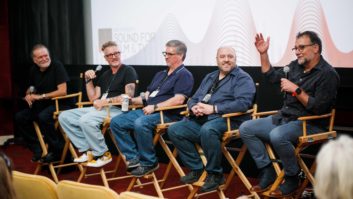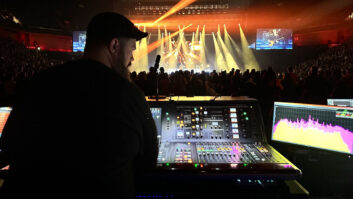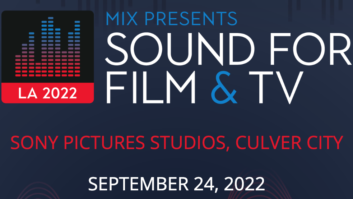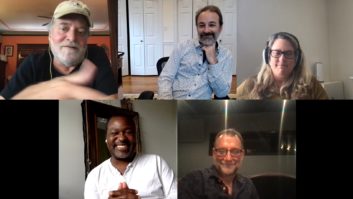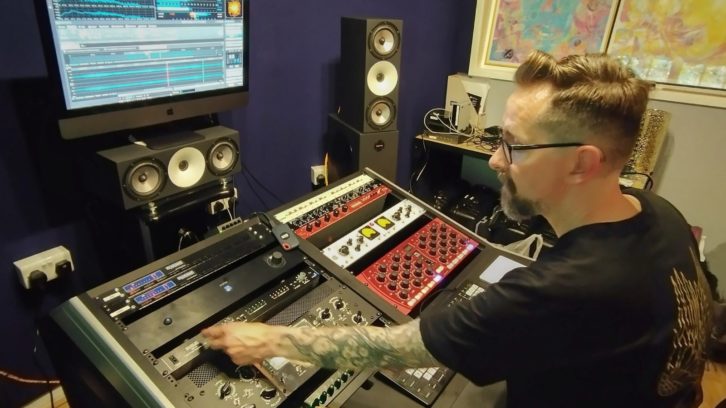
Falmouth, UK (August 9, 2022)—Dr. Antti Saario, head of music at Falmouth University in Cornwall, England, and an award-winning acousmatic composer, has been using Amphion Two15 and Argon 7LS monitors as part of his work.
Although he is well-versed across many genres of music, Saario’s experiences in acousmatic composition and what he calls “post-acousmatic” composition have proven to be the most influential on his overall approach as a producer and audio engineer. His work requires patience and attention to detail, assembling compositions from found sources and exploring the results.
Saario utilizes two different, but congruous monitoring setups when listening to his students’ assignments. In his private studio, designed and built by DACS Audio, he utilizes five AmphionTwo15 monitors and a pair of BaseOne25 bass extension systems.
Amphion Loudspeakers Opens New HQ
When he wants a change of surroundings without losing the resolution and detail, he moves into his sitting room where he has a pair of Argon 7LS speakers as part of his home theater setup. “My partner and I both are music researchers and educators, so our home listening is just as important to us as our studio setups,” he explained.
“In this type of composition, the technical and emotive aspects go hand-in-hand because there isn’t a set tone of how anything is ‘meant’ to sound,” he explained. “It’s all about discovering those relationships and bringing forth the feelings that they evoke. It may be closer to sound design than traditional composition, but the emotional goals are equally important.”
He added, “Music students are coming into educational programs like ours with a higher level of technical know-how than they would have had in the past, but the danger in that is having preconceived notions of how everything should sound and work. My goal as an educator is to encourage them to step out of that technical comfort zone and really listen in the moment. When they take time to do that, they’ll often make the most interesting and honest creative decisions.”

